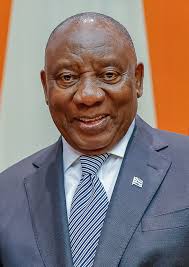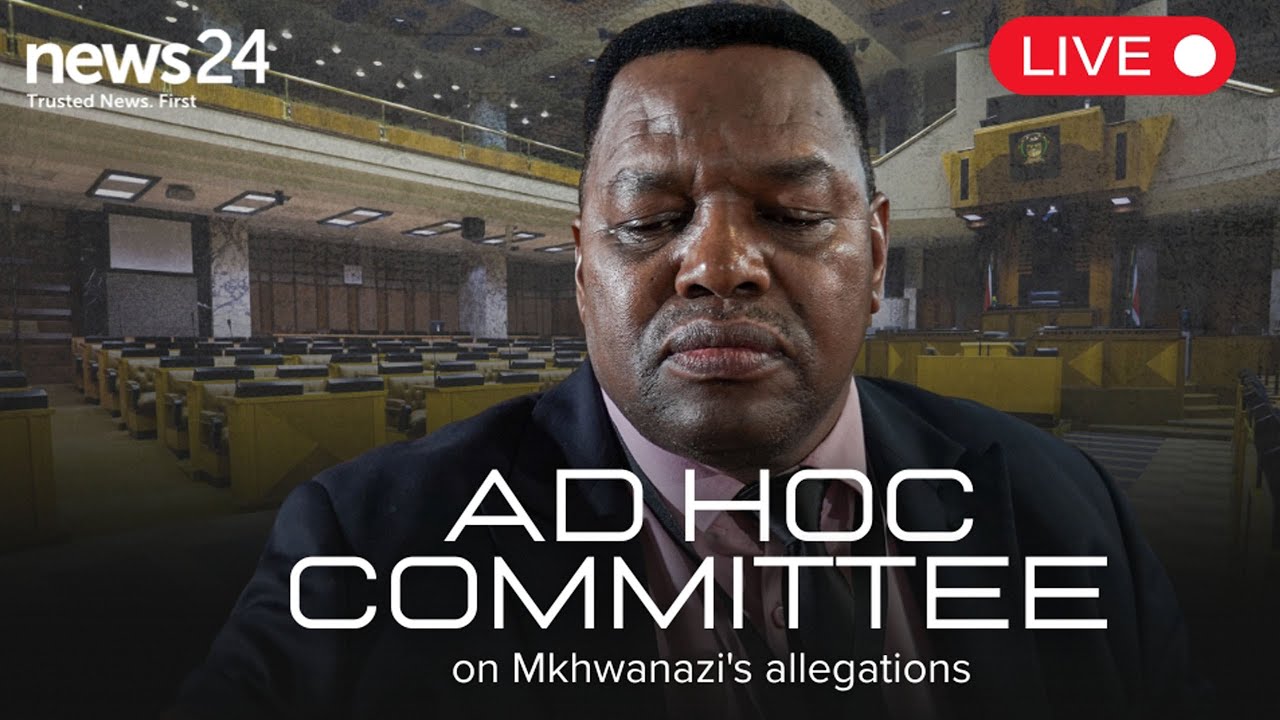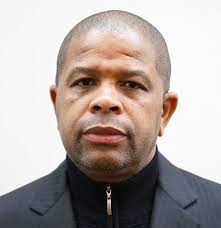Introduction
Cyril Ramaphosa, the President of South Africa, has been at the forefront of the nation’s politics since taking office in 2018. His role as a leader is significant, especially given the country’s ongoing socio-economic challenges, including rampant unemployment, public health issues, and widespread corruption. Ramaphosa’s leadership is crucial in steering South Africa towards recovery and growth in a post-pandemic world.
Policy Initiatives and Challenges
One of the key factors during Ramaphosa’s presidency has been his focus on economic reform. The South African economy, deeply affected by the COVID-19 pandemic, faced a decline of approximately 6.4% in 2020. In response, Ramaphosa introduced the Economic Reconstruction and Recovery Plan aimed at supporting job creation and infrastructure development. However, challenges persist, including high energy costs and a struggling state-owned energy provider, Eskom.
In a recent policy update, Ramaphosa highlighted the government’s investment in renewable energy projects, which is pivotal for diversifying the energy supply and creating jobs. Additionally, Ramaphosa has been vocal about fighting corruption within the government. The establishment of the Zondo Commission has sought to address issues of malfeasance that have plagued various sectors.
Public Sentiment and Recent Developments
Despite his efforts, public sentiment towards Ramaphosa has been mixed. While some factions within the government and the general populace support his reforms, there is growing frustration due to persistent unemployment rates, which currently stand over 35%. The recent local government elections reflected discontent, with voters expressing their frustration through declining support for the ruling African National Congress (ANC).
Moreover, ongoing violence and unrest in some regions of South Africa have posed significant challenges. Just recently, there were reports of protests relating to service delivery failures in several municipalities. Ramaphosa’s administration has emphasized engaging communities and enhancing governmental accountability to address these issues effectively.
Conclusion
The road ahead for Cyril Ramaphosa is fraught with challenges, yet it also offers opportunities for South Africa. As the nation approaches the 2024 general elections, the effectiveness of Ramaphosa’s policies and his ability to unite the fragmented political landscape will be under scrutiny. Analysts suggest that if he can successfully leverage public frustration into actionable solutions, he could restore confidence in the ANC and reaffirm his commitment to transforming South Africa into a more equitable society. For South Africans, the significance of these developments can shape not only the immediate political environment but also the socio-economic future of the nation.


